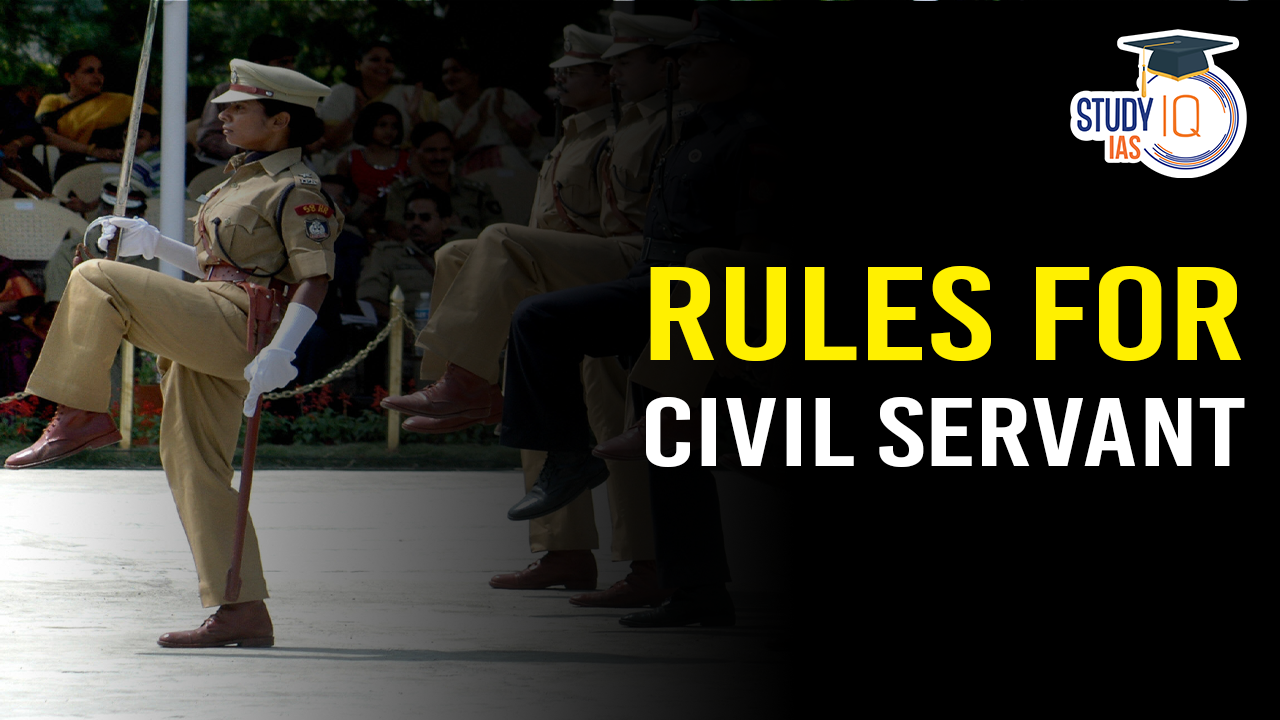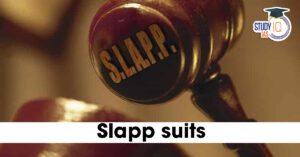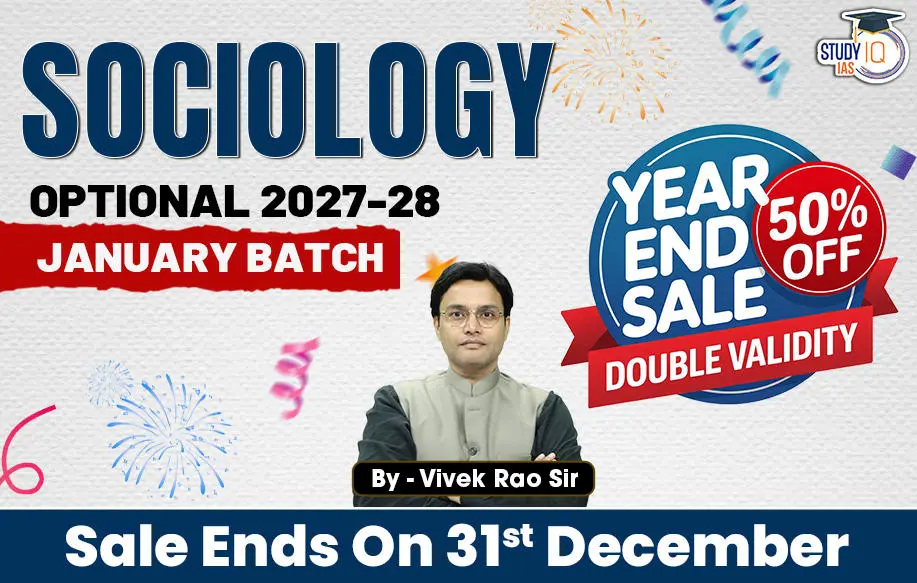Table of Contents
Context: The Central Government established a single-member committee under the Department of Personnel and Training (DoPT) to scrutinise all documents submitted by IAS officer Puja Khedkar, verifying her eligibility under the civil services categories. UPSC cancelled IAS candidature of Puja Khedkar
Background of Probationary IAS officer Puja Khedkar Controversy
- Puja Khedkar, a probationary IAS officer, found herself at the centre of controversy over allegations surrounding her appointment and conduct.
- Khedkar secured a rank of 821 in the 2022 UPSC Civil Services Examination and was allotted the Indian Administrative Service under the OBC and PH quotas.
- Concerns were raised regarding the authenticity of her quota qualifications and her actions as a civil servant.
Allegations
- Misconduct: Accusations included seeking privileges not entitled to as a probationer, such as using an unauthorised red-blue beacon on her private Audi, which she claimed as a gift.
- Misuse of Office: Allegedly occupying the ante chamber of the District Collector’s office.
- Discrepancies in Quota Qualification: Questions about the authenticity of her OBC and PH status, which could potentially lead to her discharge from service.
Key Roles and Regulations for Civil Servants
Integrity and Conduct
- All India Services (Conduct) Rules, 1968:
- Officers must maintain integrity and devotion to duty.
- They should not use their position to secure employment for family members with any private undertaking or NGO.
- Officers are expected to maintain high ethical standards, political neutrality, and transparency, making decisions solely in the public interest.
- Acceptance of Gifts– Rule 11(1): Limited to those from near relatives or personal friends with no official dealings, with mandatory reporting of gifts over Rs 25,000.
IAS (Probation) Rules, 1954
Defines conduct during the probation period, typically two years, including the time spent training at the Lal Bahadur Shastri National Academy of Administration (LBSNAA).
- Probationers are not entitled to several benefits of confirmed officers, such as an official car with a VIP number plate or an official chamber.
- Misconduct and Discharge:
- Rule 12: Outlines the conditions under which a probationer may be discharged, including unsuitability or failure to meet the required standards.
- Falsification of Information: A probationer can be discharged if found to have furnished false information to secure the appointment.
| Reservation |
| The non-creamy layer status, which qualifies for government reservations, depends on parental income (under Rs 8 lakh annually for the private sector) or their public sector employment status. |
Implications for Civil Service
- This case underscores the critical importance of adherence to strict ethical standards and regulations in the civil service.
- It highlights the potential repercussions of deviations from these standards, not just for the individual officer but for the reputation and effectiveness of the civil service at large.
- The role of a civil servant is not only to administer policies and programs but also to uphold the highest standards of integrity and public trust.
- This case serves as a reminder of the continuous scrutiny faced by public officials and the importance of transparency and accountability in their roles.


 SLAPP Suits: Meaning, Examples, Impact o...
SLAPP Suits: Meaning, Examples, Impact o...
 Finance Commission of India, Articles an...
Finance Commission of India, Articles an...
 High Number of Pending Cases in Supreme ...
High Number of Pending Cases in Supreme ...

























